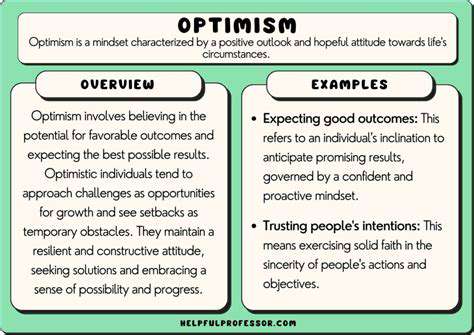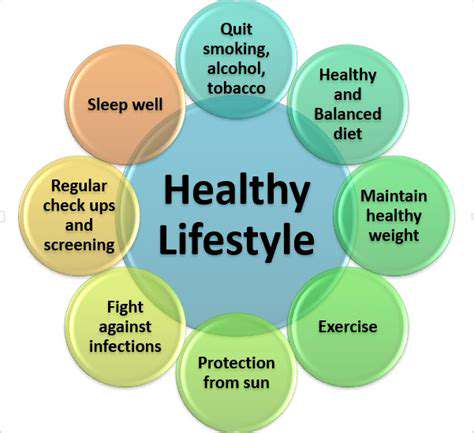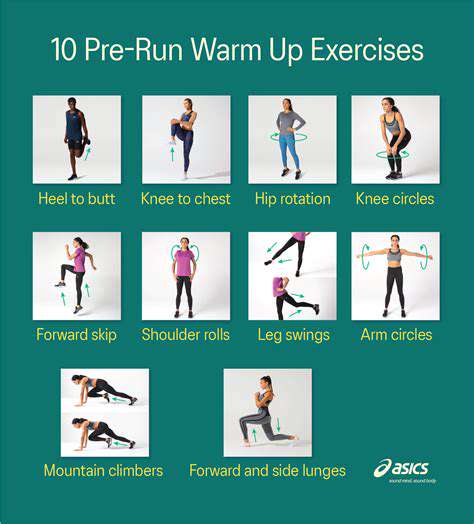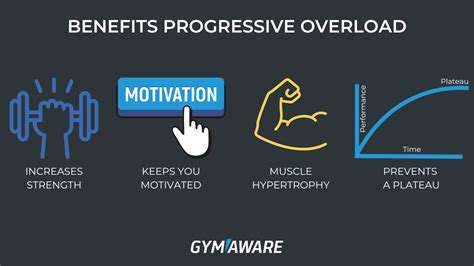Guide to Understanding Perfectionism and Its Link to Anxiety
Breaking Free from the Chains of Perfectionism: Strategies for Managing Anxiety
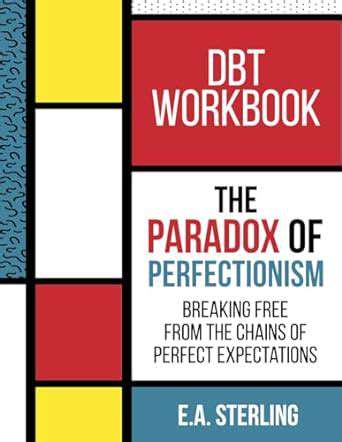
Unleashing Potential
Breaking free from the constraints of procrastination and self-doubt is the first step toward personal liberation. This journey requires a conscious effort to identify and challenge limiting beliefs, recognizing that these beliefs often stem from past experiences. Embracing a growth mindset is vital, as it allows us to view challenges as opportunities for learning and development, rather than insurmountable obstacles.
Recognizing the Chains
Identifying the specific patterns and behaviors that hold us back is crucial. Are we avoiding tasks due to fear of failure or perfectionism? Understanding the root cause of our struggles is the key to creating meaningful change. Self-reflection and introspection are essential tools in this process. Journaling can be a powerful way to explore these thoughts and feelings.
Cultivating Self-Awareness
Self-awareness is the cornerstone of personal growth. It involves understanding our strengths, weaknesses, values, and motivations. This awareness allows us to make informed choices and navigate life's challenges with greater confidence and resilience. Taking time for introspection, whether through meditation or quiet reflection, can deepen self-understanding.
Developing Resilience
Resilience is the ability to bounce back from setbacks and adversity. Building resilience requires developing coping mechanisms for dealing with stress and challenges. This might involve practicing mindfulness, seeking support from loved ones, or engaging in activities that bring joy and relaxation. Learning from mistakes and embracing failure as a learning opportunity strengthens our ability to persevere.
Embracing Growth
Personal growth is an ongoing journey, not a destination. It involves embracing new experiences, stepping outside of our comfort zones, and continually learning and adapting. Continuous learning and self-improvement are essential for personal growth. Seeking out new challenges and perspectives fosters intellectual and emotional development, expanding our understanding of ourselves and the world around us.
Taking Action
Understanding the concepts of personal growth is one thing, but putting them into practice is another. Taking concrete steps to break free from limiting patterns is key to unlocking our full potential. Setting realistic goals, breaking them down into smaller steps, and celebrating milestones along the way can help motivate us and maintain momentum. Consistency in action is critical to achieving lasting change.
Maintaining Momentum
Sustaining momentum in the journey of personal liberation requires ongoing effort and self-compassion. It is important to acknowledge that setbacks are inevitable, and to treat ourselves with kindness when we stumble. Regular reflection on progress and adjustments to strategies as needed are essential for maintaining the drive to continue the journey of personal growth. Celebrate successes and learn from setbacks, maintaining a positive and proactive attitude toward personal growth.
The Importance of Self-Compassion and Acceptance
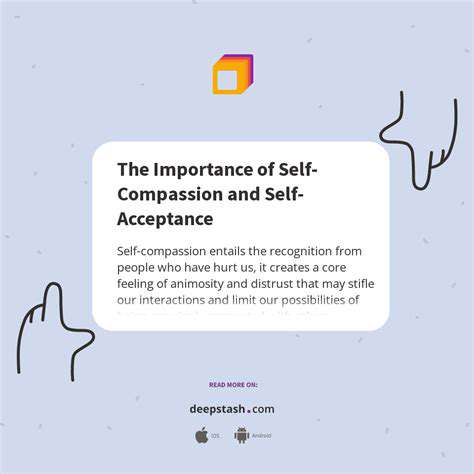
Understanding Self-Compassion
Self-compassion is the ability to treat yourself with kindness and understanding, especially during difficult times. It's about recognizing that you're human, and that making mistakes and experiencing setbacks is a normal part of life. This doesn't mean you're letting yourself off the hook for poor choices, but rather that you're offering yourself the same support and understanding you'd offer a friend going through a similar situation. Cultivating self-compassion can lead to significant improvements in mental well-being.
It involves acknowledging your own pain and suffering without judgment. This involves accepting imperfections and flaws as part of the human experience, which can be challenging for some individuals. Self-compassion fosters a sense of connection and belonging.
The Benefits of Self-Compassion
Engaging in self-compassion can dramatically improve your overall well-being. It can reduce feelings of stress, anxiety, and depression by fostering a sense of acceptance and self-support. It also helps to boost your resilience and ability to cope with challenges. This, in turn, can help you feel more empowered to navigate difficult situations.
Furthermore, self-compassion fosters a deeper understanding of yourself and your emotional responses. This self-awareness can ultimately lead to more positive relationships with yourself and others.
Self-Compassion and Emotional Regulation
Self-compassion plays a crucial role in emotional regulation. When you're struggling with difficult emotions, self-compassion allows you to approach them with kindness and understanding, rather than judgment or self-criticism. This can help you manage negative emotions more effectively and prevent them from escalating.
Self-Compassion and Motivation
Self-compassion is strongly linked to motivation. When you treat yourself with kindness and understanding, you're more likely to feel motivated to work towards your goals, even when facing obstacles. This compassionate approach fosters a sense of self-worth and encourages perseverance.
Self-Compassion and Relationships
Self-compassion positively impacts your relationships. When you practice self-compassion, you're more likely to treat others with kindness and understanding. This creates a ripple effect, fostering healthier and more supportive relationships in your life. It improves communication and reduces conflict.
Self-Compassion and Stress Management
Self-compassion is a powerful tool for stress management. By treating yourself with kindness and understanding during stressful times, you can reduce feelings of overwhelm and anxiety. This promotes a more balanced and peaceful outlook on life. It helps you to better manage stress and bounce back from setbacks.
Practicing Self-Compassion
Practicing self-compassion is a skill that can be learned and developed over time. It involves actively engaging in self-care, mindfulness exercises, and challenging negative self-talk. Regular practice can significantly improve your overall well-being and emotional resilience. It's important to remember that self-compassion is a journey, not a destination.
There are many ways to cultivate self-compassion, from simple acts of self-kindness to more structured practices like meditation. Experimenting with different techniques will help you find what works best for you.
Read more about Guide to Understanding Perfectionism and Its Link to Anxiety
Hot Recommendations
-
*Guide to Managing Gout Through Diet
-
*Best Habits for Financial Well being
-
*How to Build a Routine for Better Mental Health
-
*How to Eat Healthy on a Budget [Tips & Meal Ideas]
-
*Guide to Practicing Self Acceptance
-
*How to Incorporate More Movement Into Your Day
-
*Guide to Managing Chronic Pain Naturally
-
*Guide to Building a Reading Habit for Well being
-
*Top 5 Weight Loss Supplements That Actually Work
-
*Best Exercises for Postpartum Recovery [Beyond Abdominal Work]
